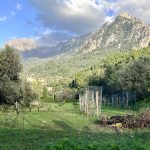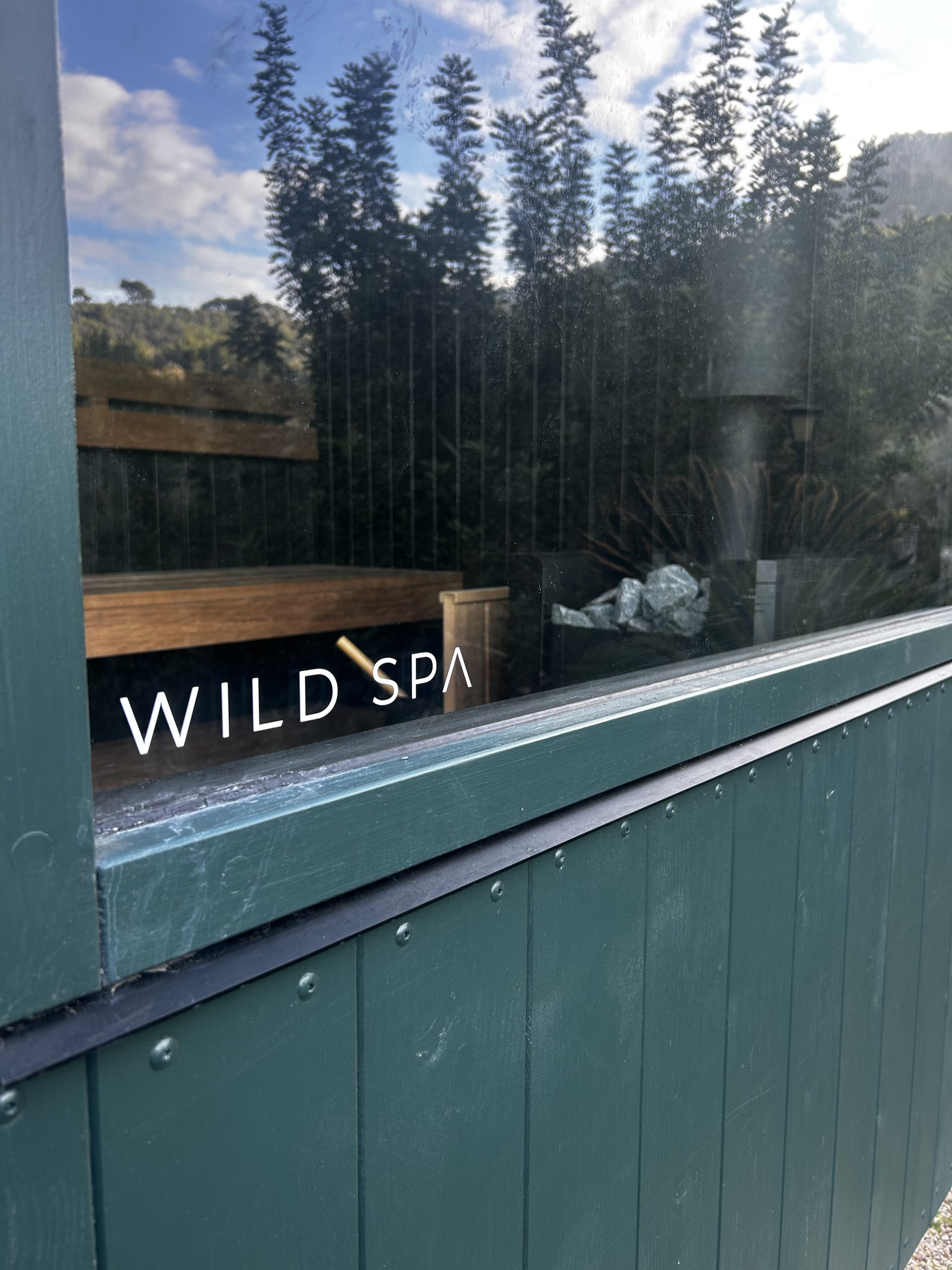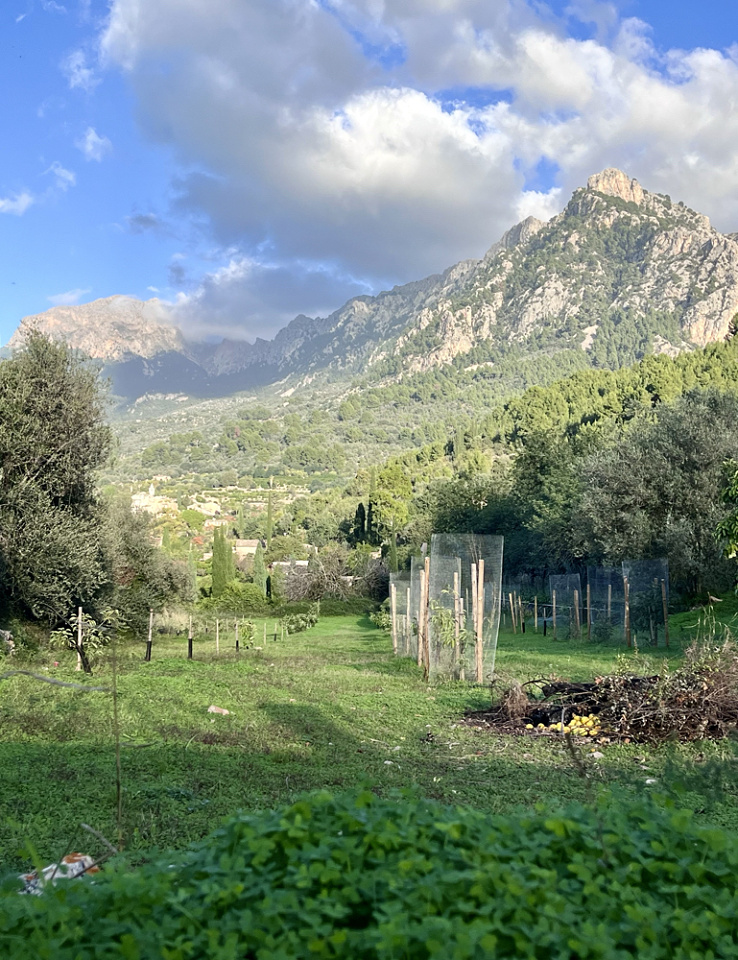I’ve been on another adventure in Soller and can’t wait to share my findings with you – it is just so interesting. I went to the public library just off the town square to begin my research. I had been told that Soller was a town that in the past had segregated libraries. Story has it that men only could use the libraries as they were considered no place for women. This was partly because the lack of education meant that some women struggled to read and partly because at the turn of the century most institutions were male dominated. The public library as we know it today has only been established in Soller for the past thirty years. Prior to that the La Caixa foundation had a library for men in Soller situated above the bank. In time La Caixa donated all its books to the town council who in turn gave them to the public library for men and women to use. Today the library is a light airy place with reading rooms and a reasonable supply of books. It has desks, a couple of computers and most important of all free wifi. This make it a place where young people take their lap tops to do their homework and tourists use the access to keep in touch with home.
The story in all this that has intrigued is the role played by one of Soller’s famous daughters. Her name is Maria Mayol Colom and she has played a huge part in making the Soller women what they are today. She was born in Soller, studied in France and then returned to Soller to form the highly influential ‘Promotion of Cultural Development of Soller Women’ organisation. She and a group of like minded women were the feminists of the day and went from house to house to invite women to join their literacy classes and learn of the political issues of the time. This was met with huge resistance by the local families who saw no benefit in educating their wives and daughters. Not to be outdone Maria Mayol set about creating the rival library which was ‘women only’ and situated in the main square. The library offered literacy lessons, a comfortable place to sit and read and the solidarity that a growing organisation could bring. In time this produced writings and poetry that are revered today and left a permanent impression on the town of Soller.
Our heroine was involved in education, feminism, politics and improving the intellectual life of Soller women. This made her many enemies and eventually, in 1939 she left for exile in France. Her writings and influence continued from afar until mind sets began to change and she was invited back in a ‘mad professor’ guise. The powers that be could accept eccentricity it seems and the value of her written work was beginning to attract worldwide attention. She died in 1959 and life changed for Soller women beyond recognition in the years following her death. Writers and historians began to value her work and the contribution she made to her era in politics, education and the written word not to mention her library. The day came in 1992, thirty-three years after her death when she was honoured by her town. She was proclaimed ‘An illustrious child of the City of Soller’ in a ceremony attended by the most important dignitaries that Majorca had to offer. Much more can be found about this significant women in the Museum of Soller, Calle De La Mar 13 in Soller. She was a prophet without honour in her lifetime but many here thank her for pointing their lives in a fulfilling direction.
Soller square which was once the home of the ladies only library is now home to Wifi hotspots. The town is as linked to the internet as it is possible to be. Laptops abound in the cafés and every other visitor has their Kindle to read. The urge to check the phone for messages and keep in touch with Facebook proves too much to resist. A local group of schoolchildren were doing a survey in the square this week on how many people used a wifi device in Soller square within 30 minutes. The results were in their hundreds. It seems that we can’t go anywhere unless we are connected and that includes relaxing on holiday. I make no comment on connectivity – I know it is here to stay but somehow clicking away on the keyboard of a computer or phone under the window of the women’s only public library has a poignancy of its own. We have the freedom to go where progress and the future take us without the fight and effort that a previous generation had. A little nod to the upstairs window above Café Soller would not go amiss – a small recognition that our generation thanks Maria Mayol and hers for what they did for the women of Soller and the rest of us.








